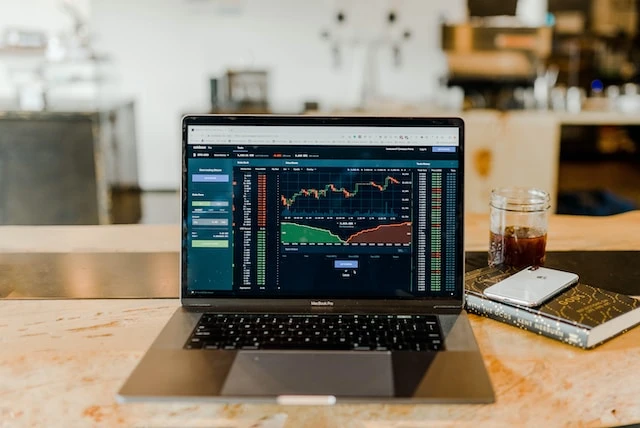Understanding Today's Currency Exchange Rates: A Comprehensive Guide
Currency exchange rates play a crucial role in the global economy, impacting international trade, travel, and investment decisions. Whether you're a seasoned investor, a business owner, or simply planning a vacation, understanding today's currency exchange rates is essential. In this blog post, we will delve into the factors that influence exchange rates, how to interpret them, and their significance in today's interconnected world.
What Are Currency Exchange Rates?
Currency exchange rates represent the value of one country's currency in terms of another. They tell you how much one currency is worth in relation to another. Exchange rates are expressed as ratios, where the first currency is referred to as the "base currency," and the second is the "quote currency" or "counter currency." For example, if the EUR/USD exchange rate is 1.15, it means that 1 Euro can be exchanged for 1.15 US Dollars.

Factors Influencing Exchange Rates
Supply and Demand: Exchange rates are primarily determined by the supply and demand for currencies in the foreign exchange (Forex) market. When there is high demand for a particular currency, its value tends to rise, and when there's less demand, it can depreciate.
Interest Rates: Higher interest rates in a country can attract foreign capital seeking higher returns. This increased demand for the country's currency can drive up its exchange rate.
Economic Indicators: Economic data, such as GDP growth, employment figures, and inflation rates, can influence a country's exchange rate. A strong economy often results in a stronger currency.
Political Stability: Political stability and government policies can also impact exchange rates. Countries with stable governments and favorable economic policies tend to have more stable currencies.
Speculation: Traders and investors in the Forex market often speculate on future exchange rate movements. Their actions can create short-term fluctuations in exchange rates.
Interpreting Exchange Rates
Exchange rates can be a bit complex to interpret, but here are some key points to keep in mind:
Strong vs. Weak Currency: A strong currency has a high exchange rate relative to another currency, while a weak currency has a low exchange rate. Strength and weakness are relative terms and depend on the currency you are comparing.
Appreciation vs. Depreciation: When a currency's value rises over time, it is said to appreciate. Conversely, when its value falls, it depreciates.
Cross Rates: Cross rates involve currency pairs that do not include the US Dollar (USD). For example, the EUR/GBP exchange rate compares the Euro to the British Pound directly.
Significance in Today's World
Understanding currency exchange rates is essential for various reasons:
International Trade: Businesses involved in international trade must monitor exchange rates to price their goods and manage currency risk.
Travel and Tourism: Travelers need to be aware of exchange rates to budget for their trips and get the best value for their money when exchanging currencies.
Investment Opportunities: Currency exchange rates can influence investment decisions, as a favorable exchange rate can enhance returns on foreign investments.
Economic Health: Exchange rates are a barometer of a country's economic health. Governments and central banks use exchange rate policies to manage their economies.
Conclusion
Currency exchange rates are a fundamental aspect of our interconnected world. They impact global trade, investment, and even our travel plans. By understanding the factors influencing exchange rates and how to interpret them, individuals and businesses can make more informed financial decisions in today's dynamic economic landscape. Staying informed and keeping an eye on currency exchange rates is a valuable skill that can benefit you in various aspects of your financial life.
